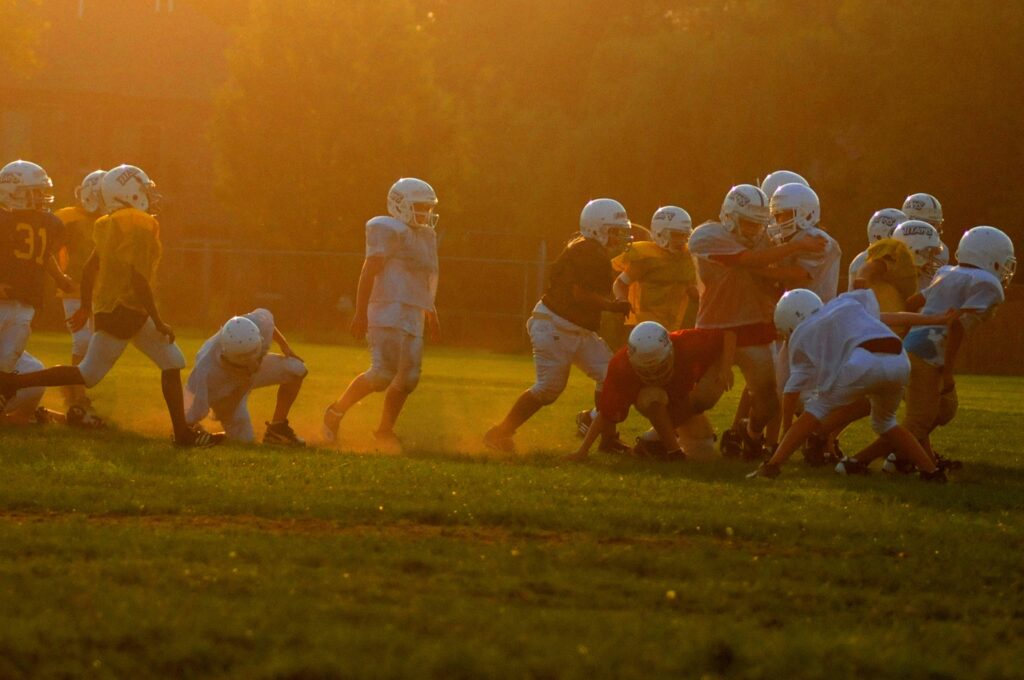Between homework, exams, sports, music lessons, and other extracurricular activities, finding the right balance can feel like a challenge.It’s natural to become overwhelmed, but with the correct techniques, you can succeed in your studies and your interests without compromising your health. Here’s how to minimise stress while staying on top of everything.
1. Prioritise and Plan Ahead
When your schedule is packed, time management is key:
- Use a planner: Write down deadlines, practices, and meetings to stay organised.
- Know your priorities: School comes first, but set realistic goals for your extracurriculars.
- Break big tasks into smaller steps: This makes studying and assignments more manageable.
2. Create a Realistic Schedule
A well-structured routine helps you stay productive without feeling overwhelmed:
- Set aside study time: Dedicate specific hours each day to homework and revision.
- Be smart with your free time: Use gaps in your day to review notes or complete small tasks.
- Make time for yourself: Avoid overloading your schedule—leave space to rest and unwind.
3. Stay Focused and Avoid Procrastination
When time is limited, distractions can be a major setback:
- Use the Pomodoro Technique: Study for 25-50 minutes, then take a short break.
- Limit social media: Keep your phone out of reach while studying.
- Find a productive study spot: A quiet, distraction-free environment helps you concentrate.
4. Make the Most of Your Extracurricular Activities
Your activities should enhance your skills, not add unnecessary stress:
- Choose wisely: Pick activities you genuinely enjoy and that fit into your schedule.
- Combine interests with schoolwork: If possible, align extracurriculars with subjects you study.
- Communicate with coaches and mentors: Let them know when school commitments take priority.
5. Use Downtime Wisely
You don’t always need long study sessions to be productive:
- Use travel time effectively: Review notes or listen to educational podcasts on the go.
- Multitask where possible: Read while waiting or brainstorm ideas during breaks.
- Plan ahead: If you know a busy week is coming, get ahead on assignments early.
6. Stay Healthy and Avoid Burnout
Balancing everything won’t matter if you’re exhausted:
- Get enough sleep: Aim for at least 7-9 hours per night.
- Eat well and stay hydrated: Fuel your body with nutritious food.
- Make time for relaxation: Hobbies, meditation, or simply resting can help recharge your energy.
7. Ask for Help When You Need It
You don’t have to do everything alone:
- Talk to teachers: If you’re struggling, ask for deadline extensions or extra help.
- Delegate when possible: Don’t be afraid to share responsibilities in group projects.
- Lean on your support system: Friends, family, and mentors can offer advice and encouragement.
8. Reflect and Adjust
Balancing school and activities is a learning process:
- Check in with yourself regularly: Are you managing well, or do you feel overwhelmed?
- Make adjustments: If something isn’t working, tweak your schedule or cut back where needed.
- Celebrate progress: Give yourself credit for keeping up with both school and extracurriculars!
Balanced Timetable (For Students with Moderate Extracurricular Commitments)
A well-structured timetable helps students balance school work, extracurricular activities, and personal time effectively.
Tips for Sticking to Your Schedule
-
- Use timers & reminders: Set alarms to keep yourself on track.
-
- Be flexible: Some weeks will be busier than others—adjust as needed.
-
- Prioritise tasks: If an assignment is due soon, focus on that first.
- Take breaks: Avoid burnout by scheduling downtime and fun activities.
Here is a template you can adjust to yourself to make sure you’re able to balance your studies, extracurriculars and breaks:
Importance of Balancing Extracurriculars and Revision for exams:
During GCSEs, striking a balance between extracurricular activities and studying is crucial for both academic success and personal growth. While studying guarantees that students gain a solid foundation in important topics, extracurricular activities foster the development of important abilities like resilience, teamwork, and time management. Sports, music, and discussion are examples of activities that offer a much-needed respite from rigorous revision, lowering stress levels and enhancing general wellbeing. Employers and academic institutions also seek well-rounded people who can show dedication outside of the classroom. Finding the ideal balance is essential to ensuring that extracurricular activities improve academic achievement during this critical exam period rather than hinder it.
How Can Educate Excellence Help?
It might be difficult to strike a balance between extracurricular activities and schoolwork, but with the correct help, children can succeed in both without feeling overburdened. At Educate Excellence, we offer individualised instruction based on each student’s needs, assisting them in becoming well-organised, confidently approaching their academics, and developing good time management skills. Our knowledgeable tutors help students stay on track academically while following their passions by providing structured lectures, focused revision, and advice on homework and test preparation. We foster a positive learning atmosphere that enables students to succeed in their coursework and extracurricular activities by offering flexible online and in-person tuition. Through the development of critical abilities and confidence, Educate Excellence enables students to realise their greatest potential without neglecting their passions.

